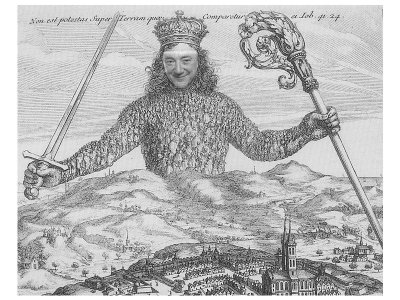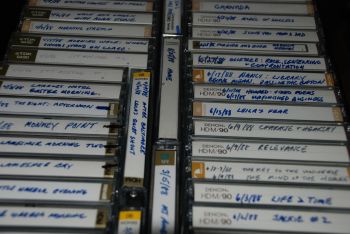
june 29, we go this morning before judge gertner with all discovery issues on the table. the questions we ask define what we consider to be relevant. the answers to the question of whether we are entitled to ask the questions we ask are statements by the law which admits evidence to the jury of the defendants’ peers if the answers to the questions we ask might make a difference to a reasonable juror. Federal Rules of Evidence 102, 104(b), 401, 403.
Rule 102. Purpose and Construction
These rules shall be construed to secure fairness in administration, elimination of unjustifiable expense and delay, and promotion of growth and development of the law of evidence to the end that the truth may be ascertained and proceedings justly determined.
a jury of the defendant’s peers is called upon to decide the fate of a man brought before it by force under rules that express the wisdom and justice of American law.
the Seventh Amendment provides a right to a jury trial on all issues pertinent to an award of statutory damages under § 504(c) of the Copyright Act, including the amount itself. The right to a jury trial includes the right to have a jury determine the amount of statutory damages, if any, awarded to the copyright owner. Feltner v. Columbia Pictures Television, Inc., 523 U.S. 340 (1998) (emphasis in original).
law of the law lord is wisdom in its making, justice in the application
wisdom comes from we the people. the function of the rules of civil procedure and evidence is to shape the issue and the body of evidence the jury of the defendants peers is asked to consider.
Souter
I am the Weld Professor of Law and founder of the Berkman Center for Internet and Society at the Harvard Law School. I represent (pro bono) Joel Tennenbaum, a student being prosecuted by the RIAA for downloading and sharing music on a peer to peer network. cite to case name here On his behalf and on behalf of the public, I moved that the digital public be provided access through internet to gavel to gavel recording and narrowcasting of the pretrial proceedings in this case. District Court Judge Nancy Gertner granted this motion with expectation that further requests pertaining to access for the digital public later public pretrial proceedings and to the trial would be entertained. Digital recording made with the Court’s already installed equipment was to be narrowcast to the Berkman Center which would serve it to and share it with open net. cite to her order here
This plan was frustrated by the First Circuit Court of Appeals, which issued an extraordinary writ of advisory mandamus prohibiting Judge Gertner from implementing her order, declaring that the local rules of the District Court denied her all authority to do so. cite to the 1st Circuit opinion and order here. A hearing en banc was denied on …….. A petition for certiorari to the Supreme Court of the United States was filed on …….. and is now pending. See attached.
The trial of this case is scheduled for July 27,2009. Judge Gertner has indicated that she must abide by the First Circuit order of prohibition unless it is stayed or overturned.
I request that you, as presiding justice for the First Circuit, suspend Local Rule 83.3 and the First Circuit’s order of prohibition in order to permit digital recording and dissemination of the trial; or, in the alternative, grant a stay of all further proceedings in the case to permit consideration by the Supreme Court of the petition for certiorari in due course.
It is time to open the courts of the United States to the internet and this case is a perfect test case in which to do so. The issues in it are of particular concern to the digital generation. The legal debates about them should be digitally recorded and accessible to them. To interpret the Local Rule so rigidly as to exclude any and all digital preservation and dissemination of the public proceedings of the district courts is arbitrary. Given the court’s scheduling of the trial on July 27, 2009, in the absence of the requested suspension of the rule or a stay of the trial, the petition for certiorari will be moot. For these reasons, we seek your assistance.
Respectfully submitted,
Charles Nesson
Counsel for Petitioner Joel Tenenbaum
June 25, 2009



